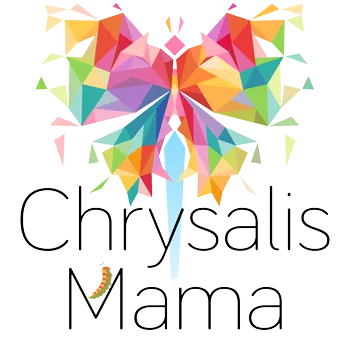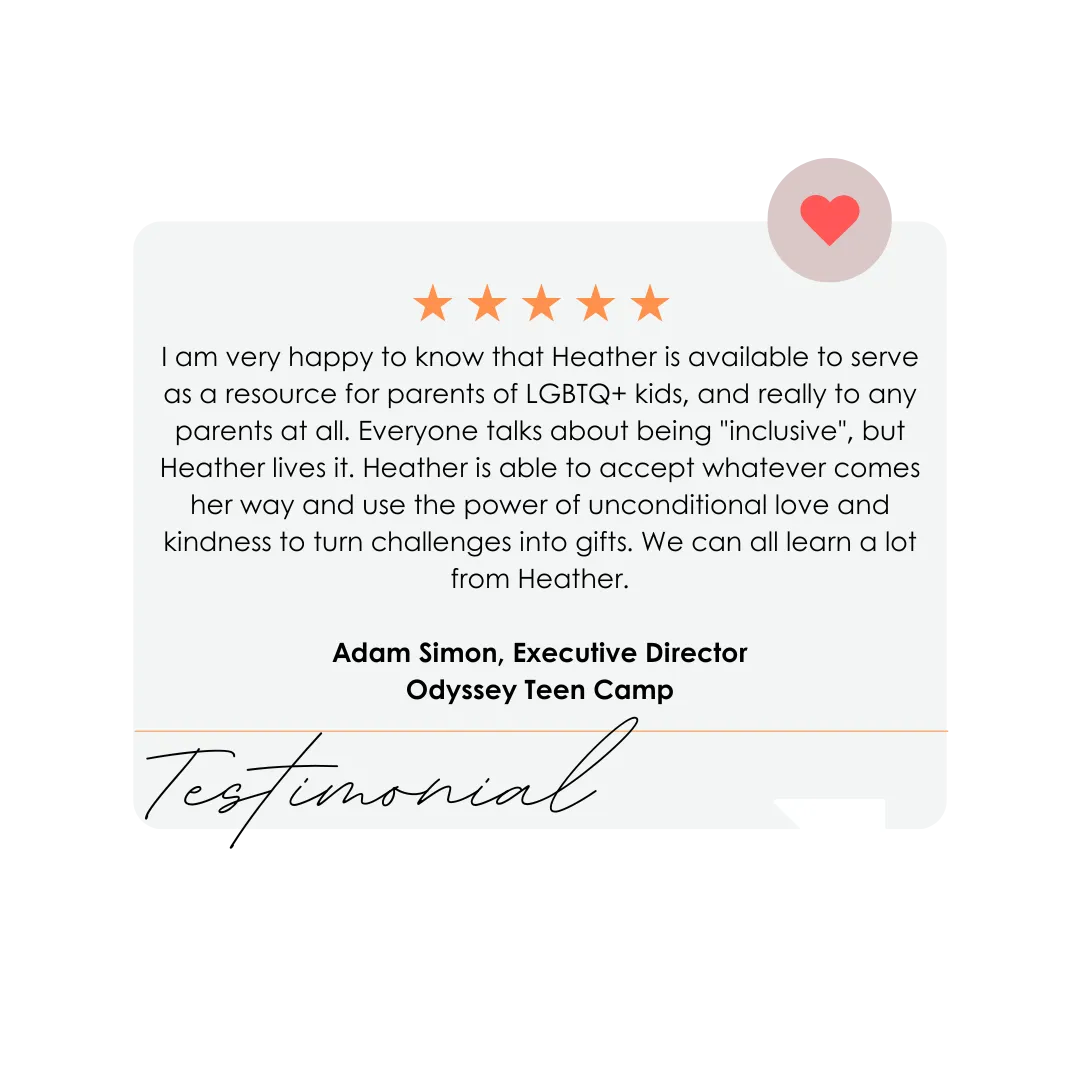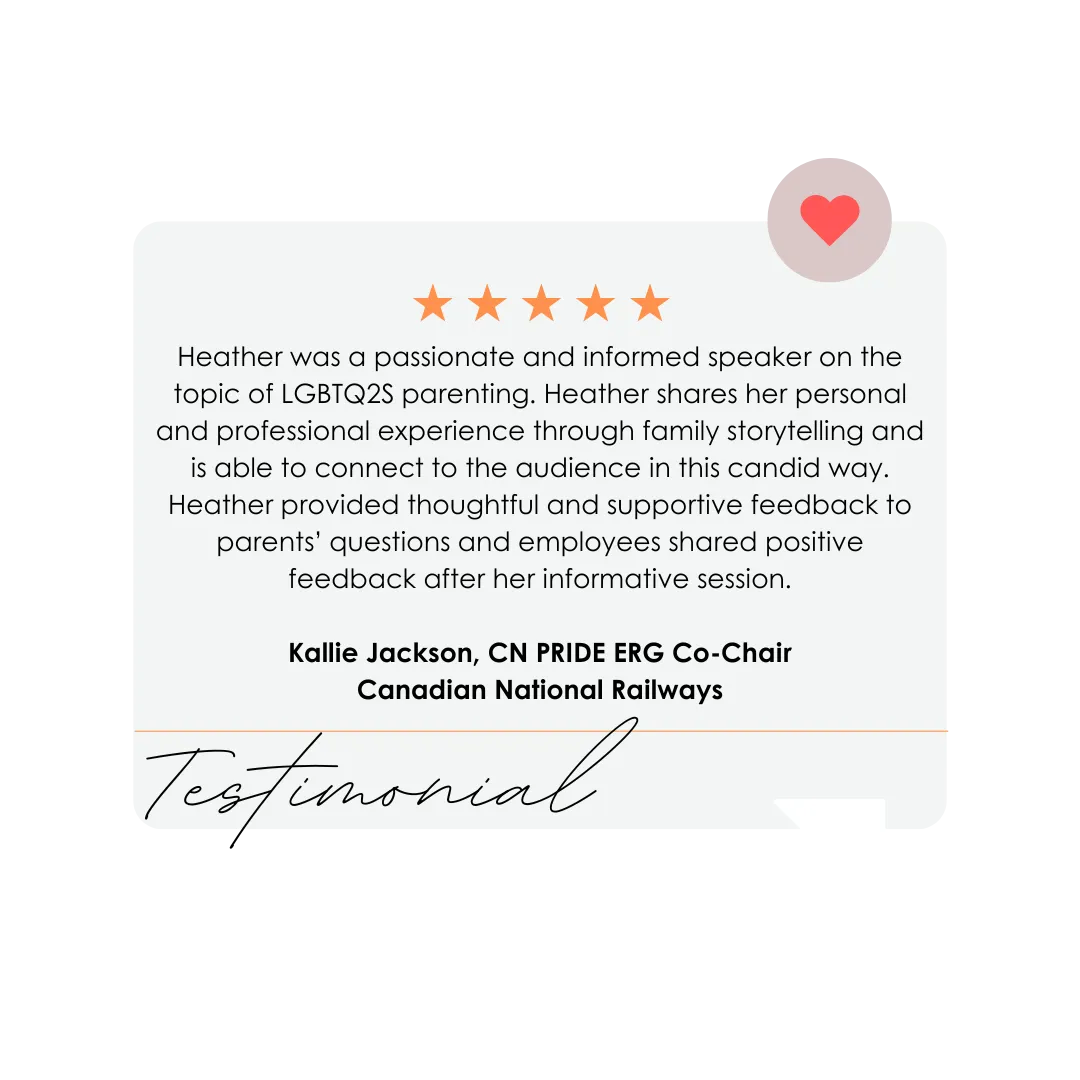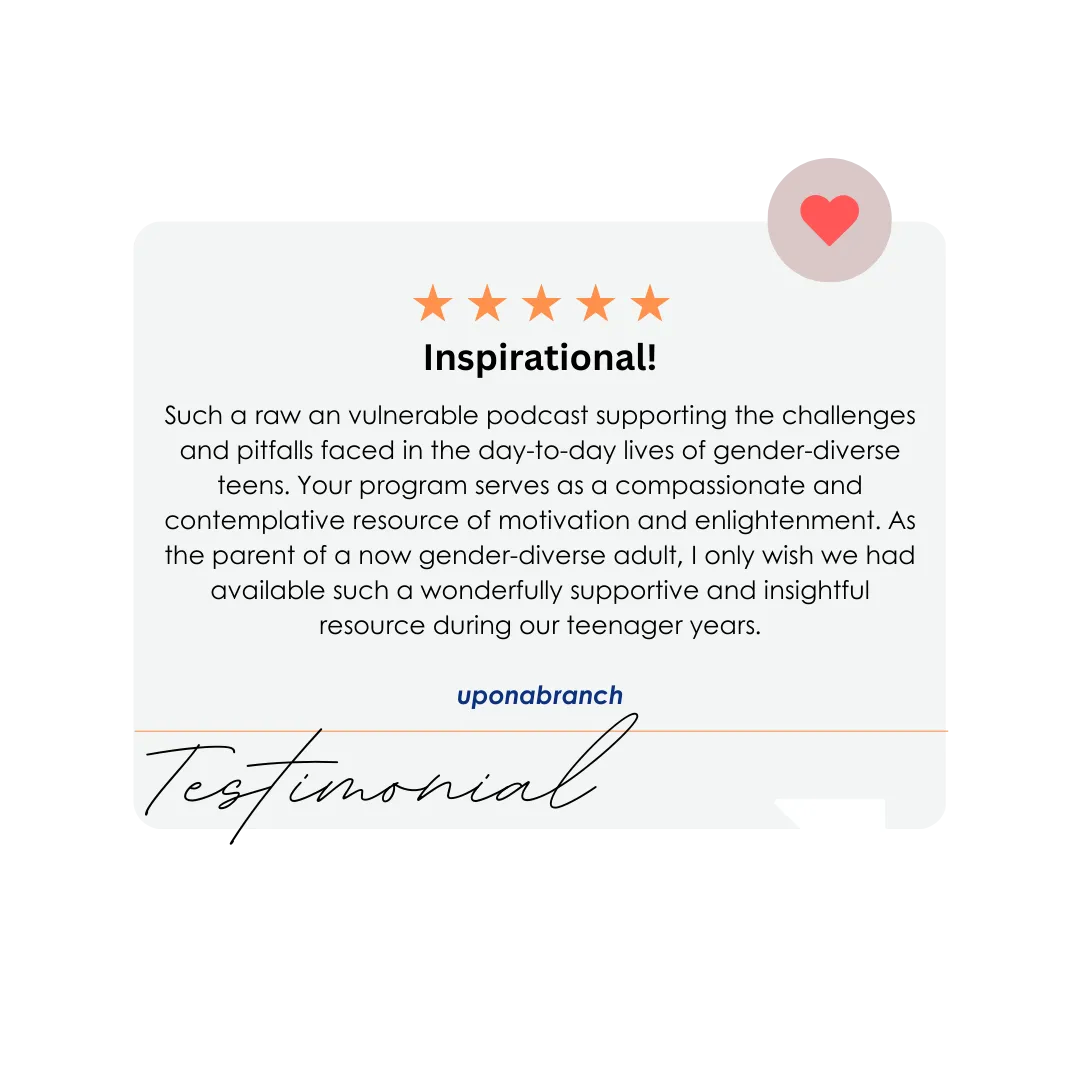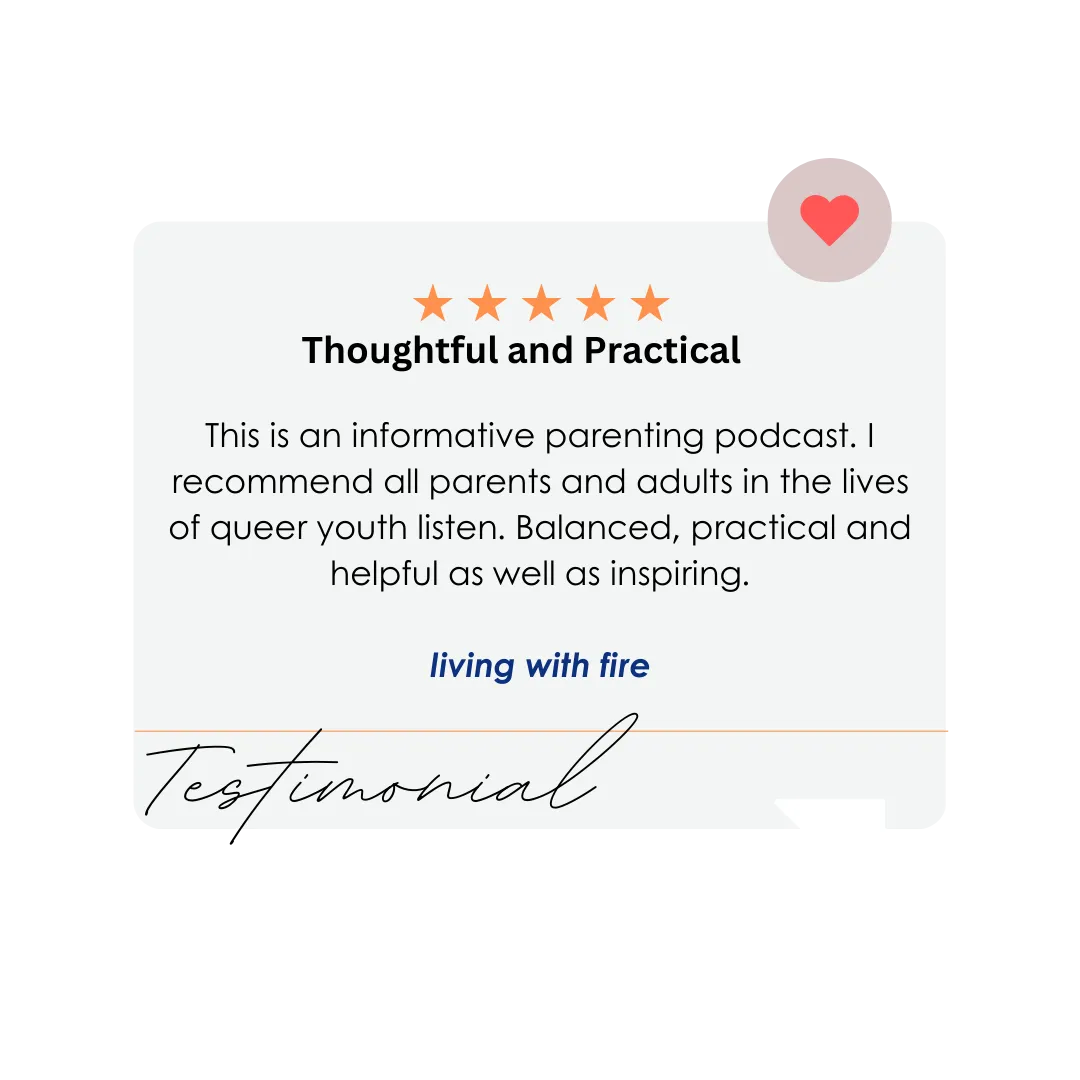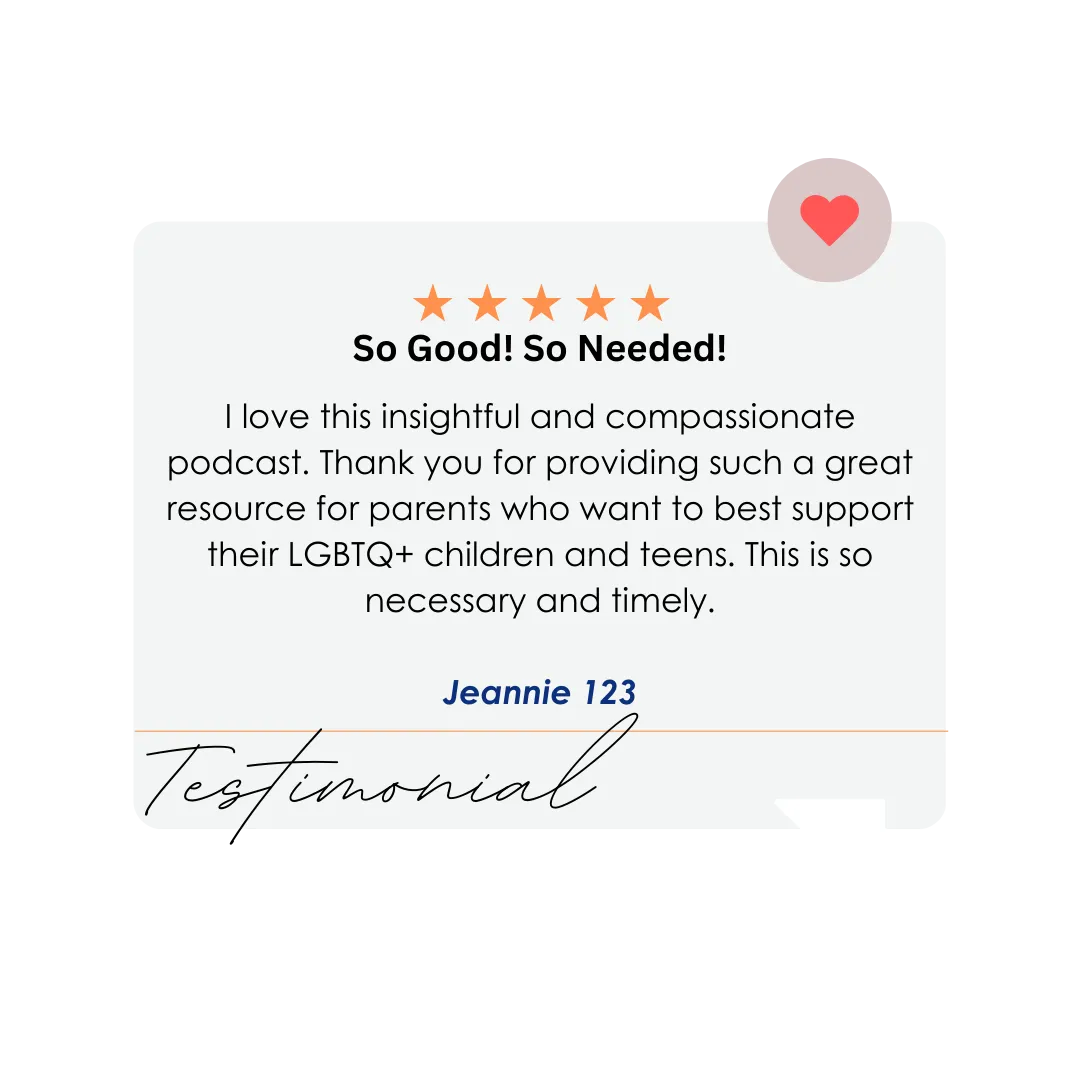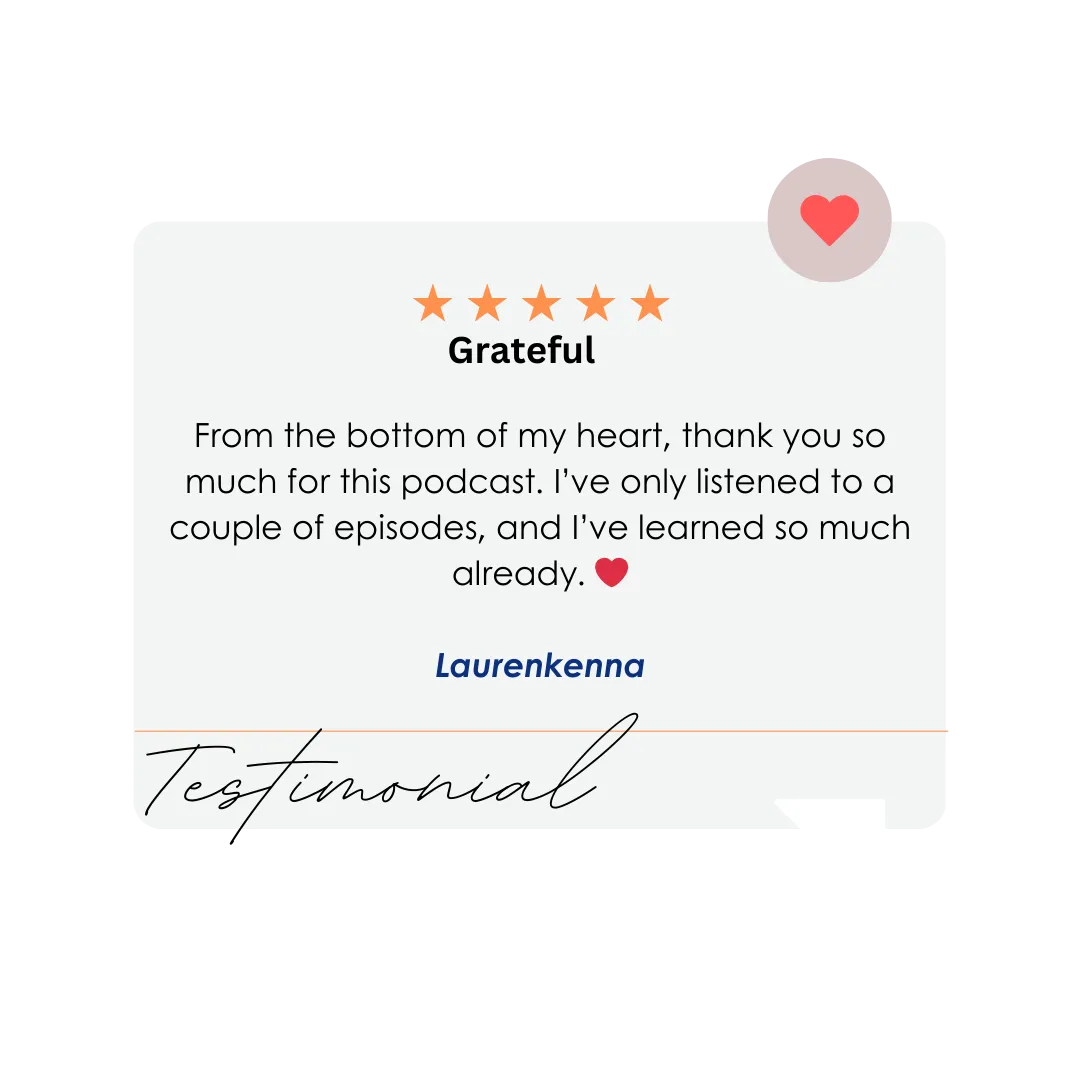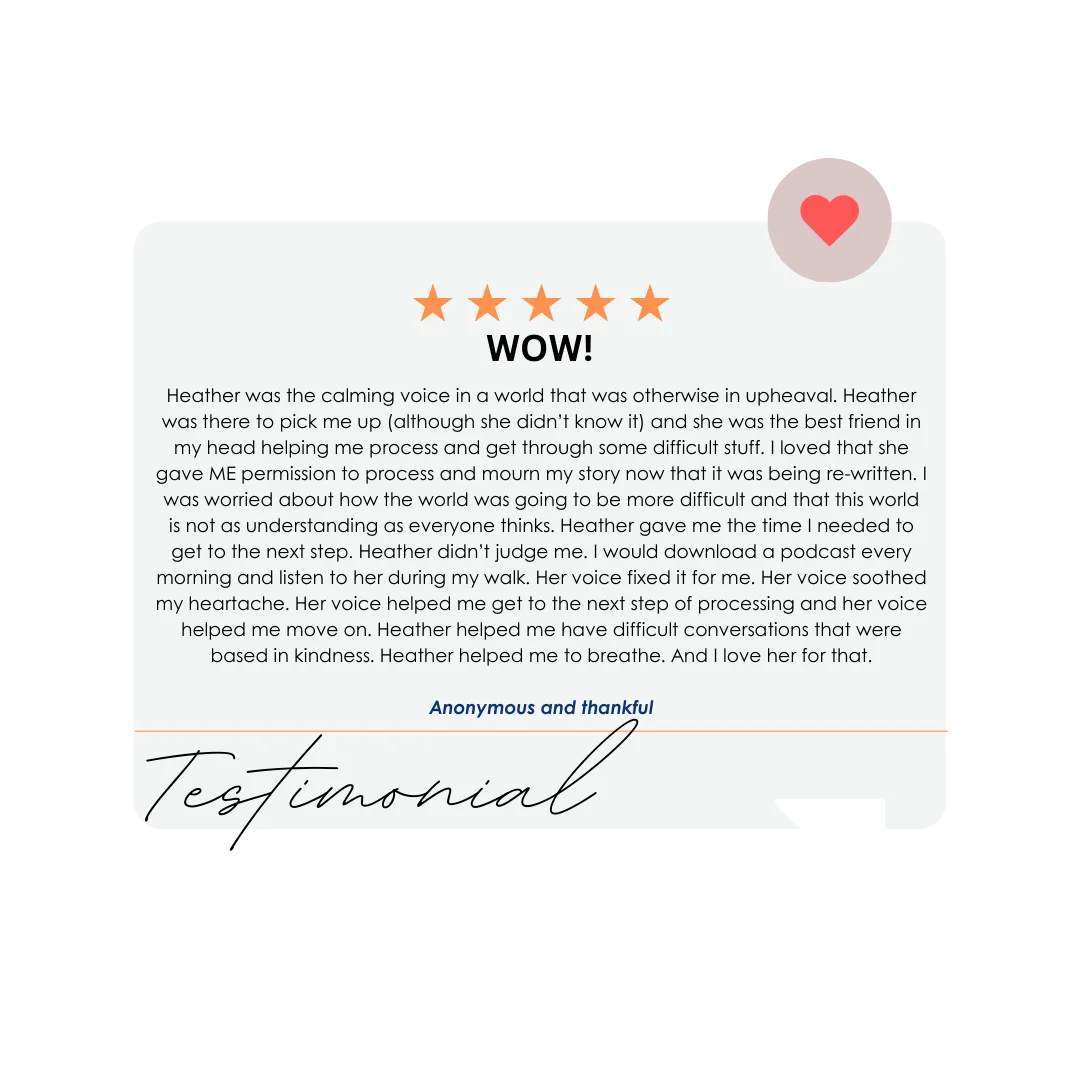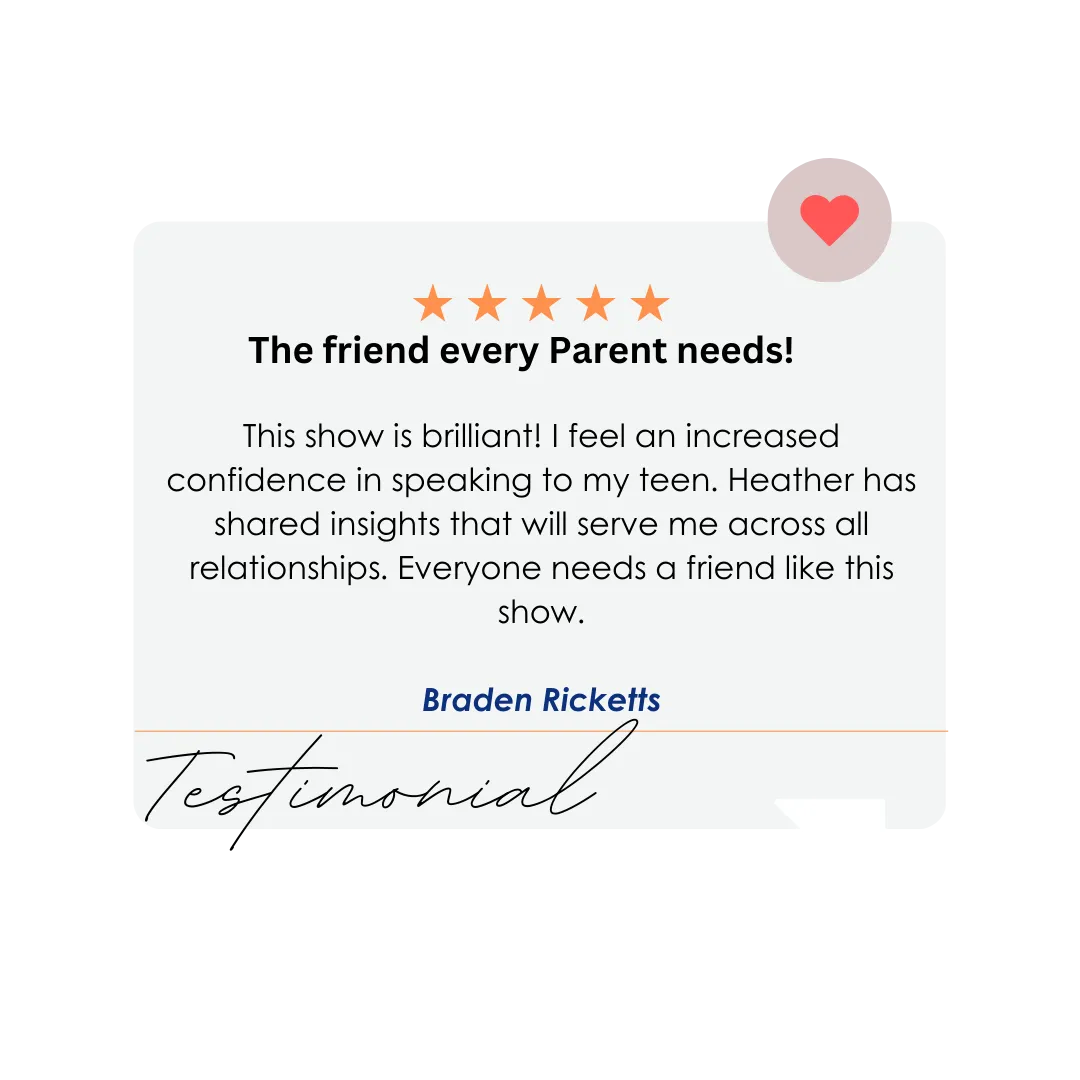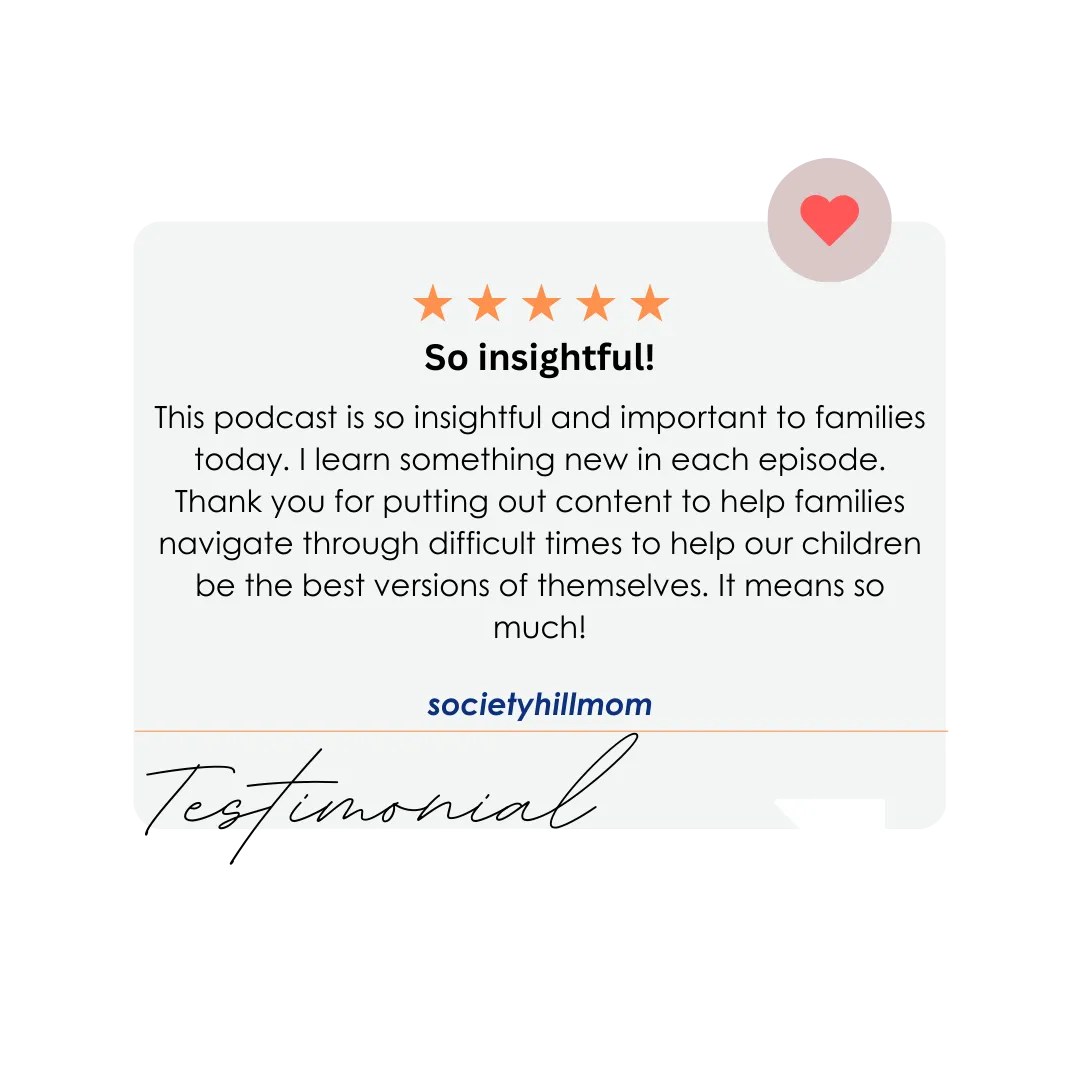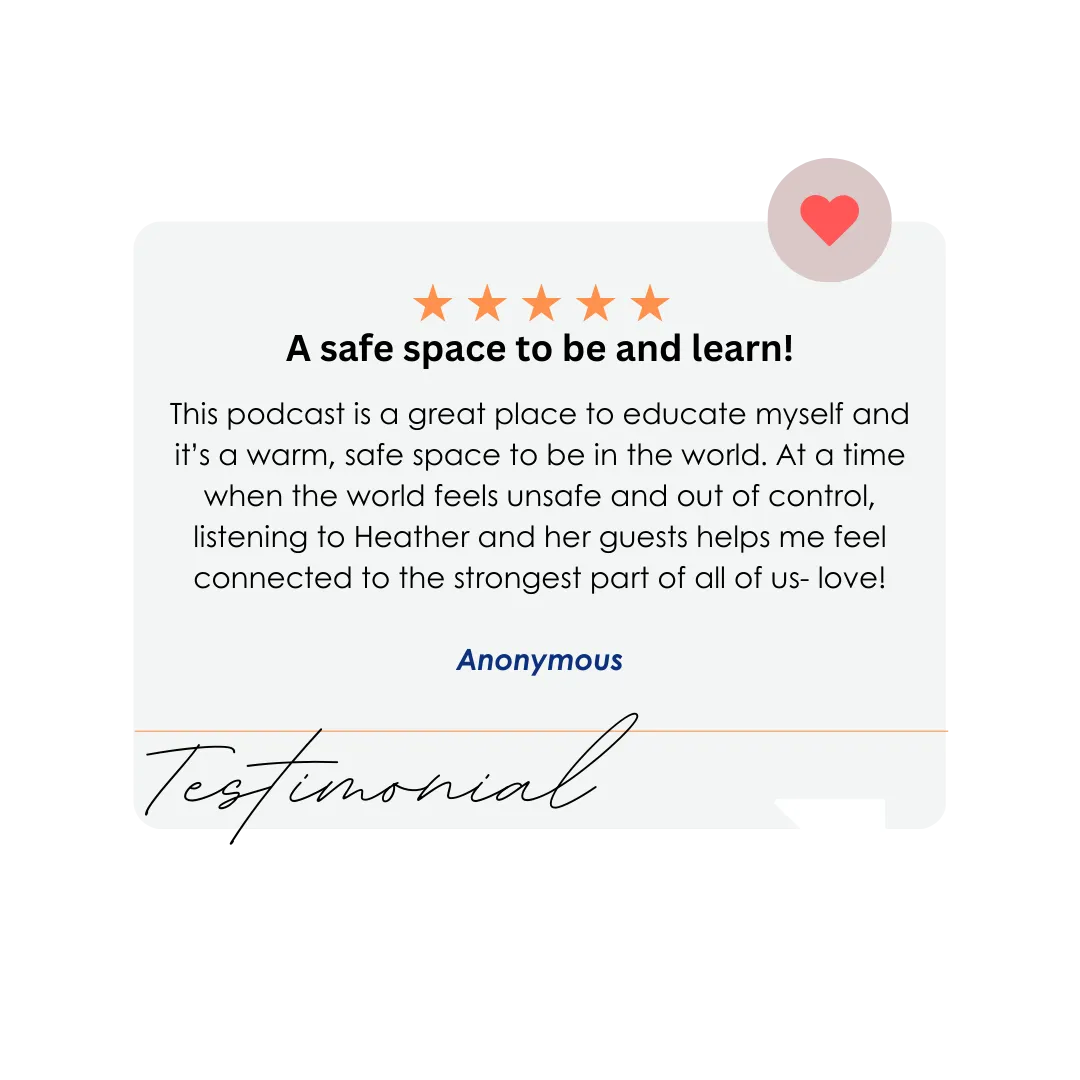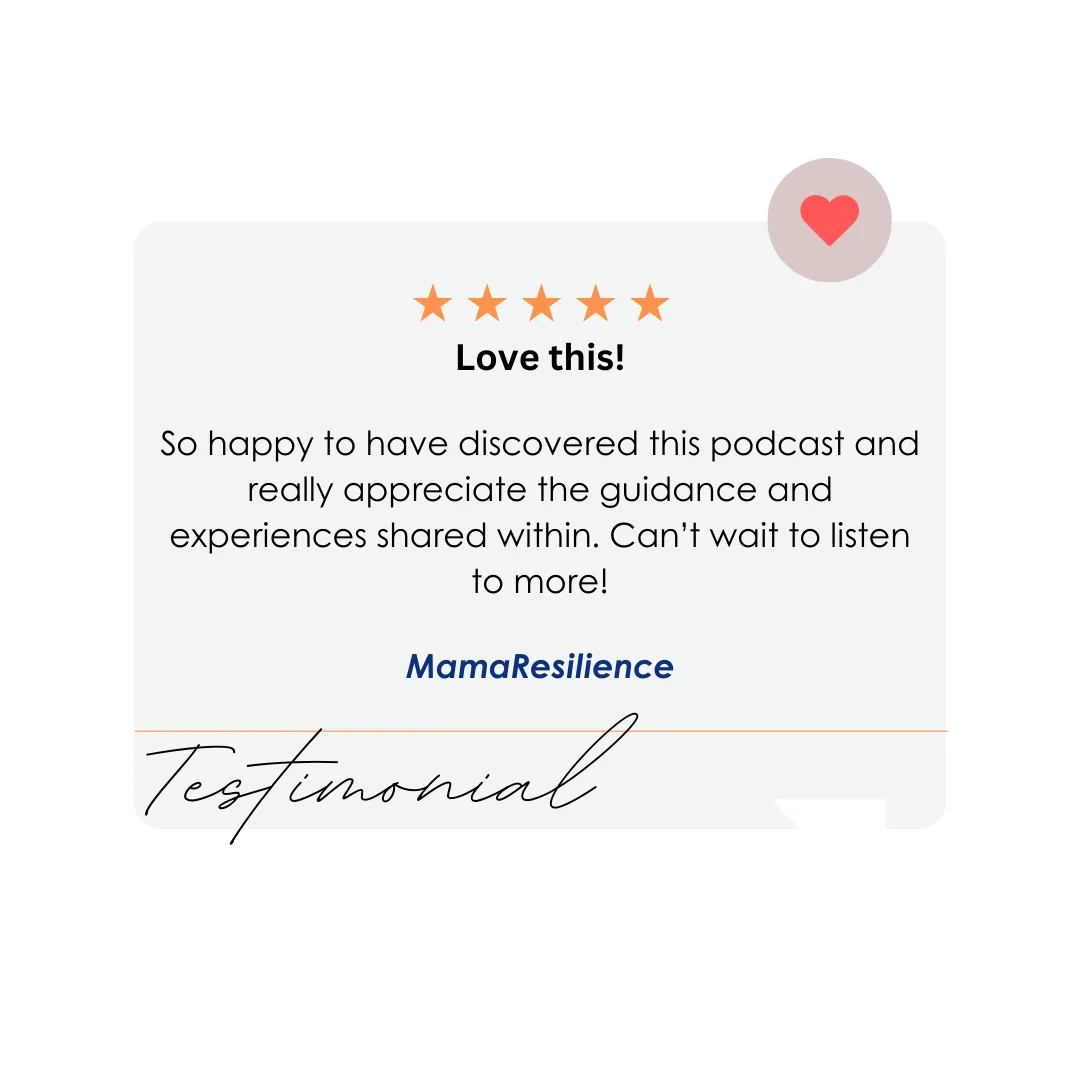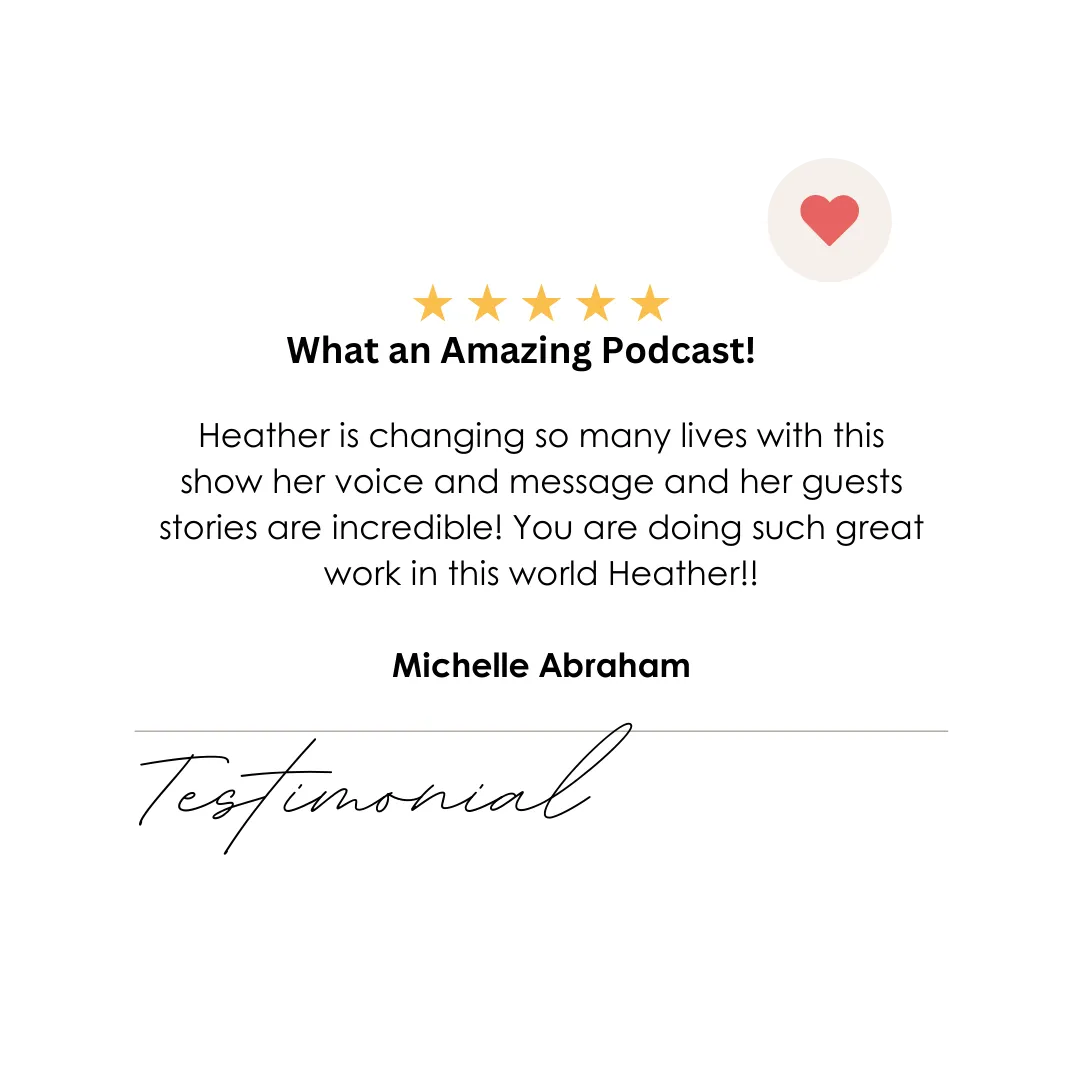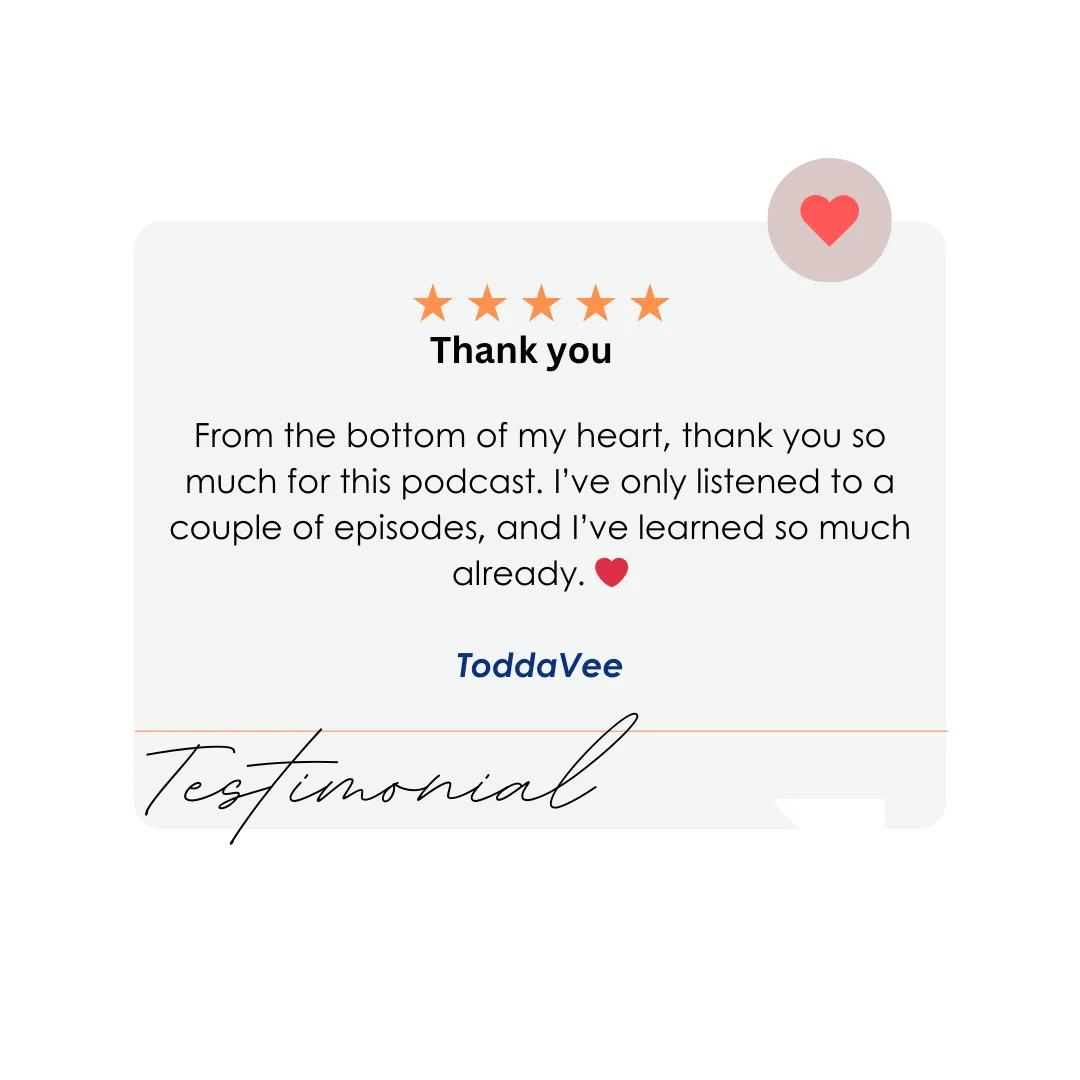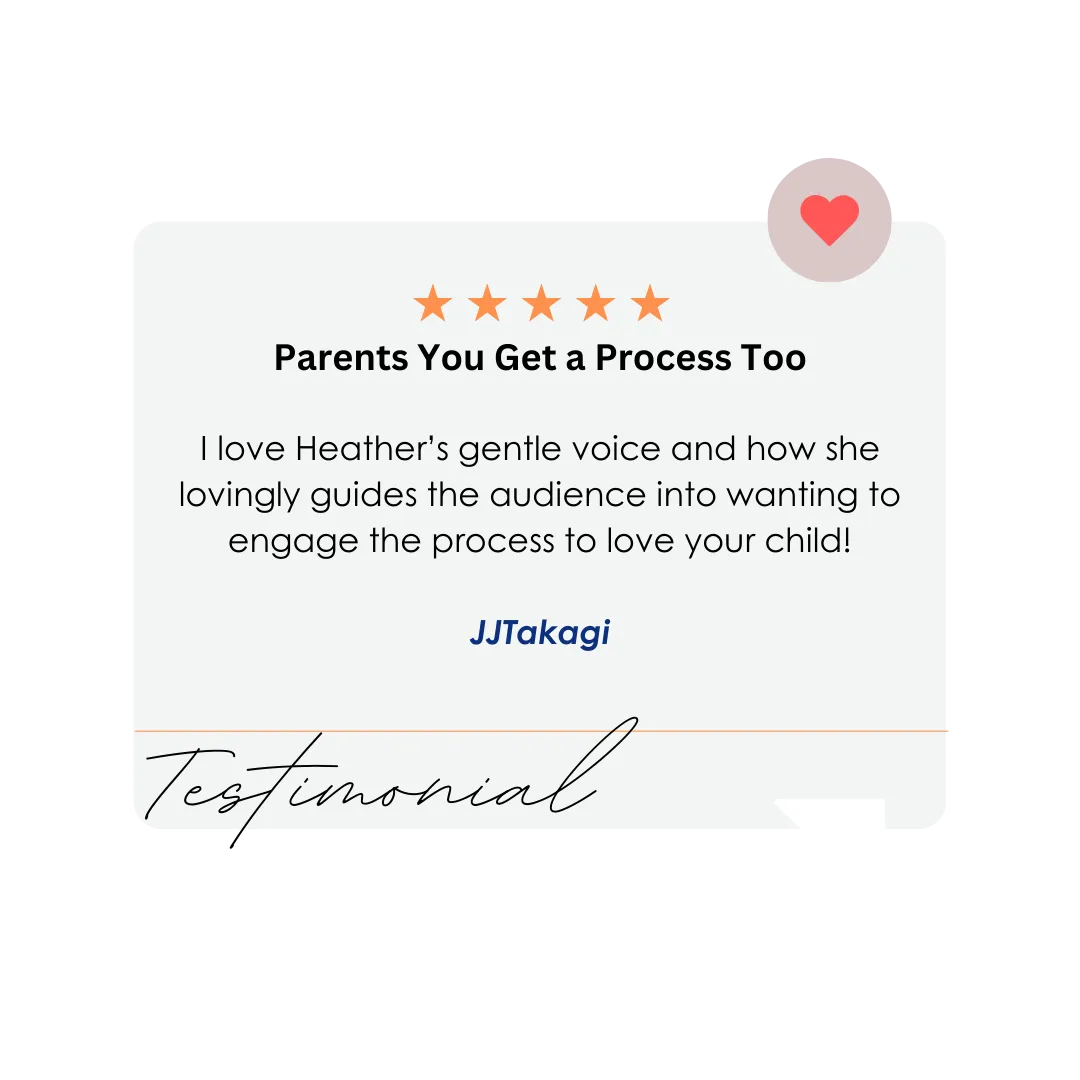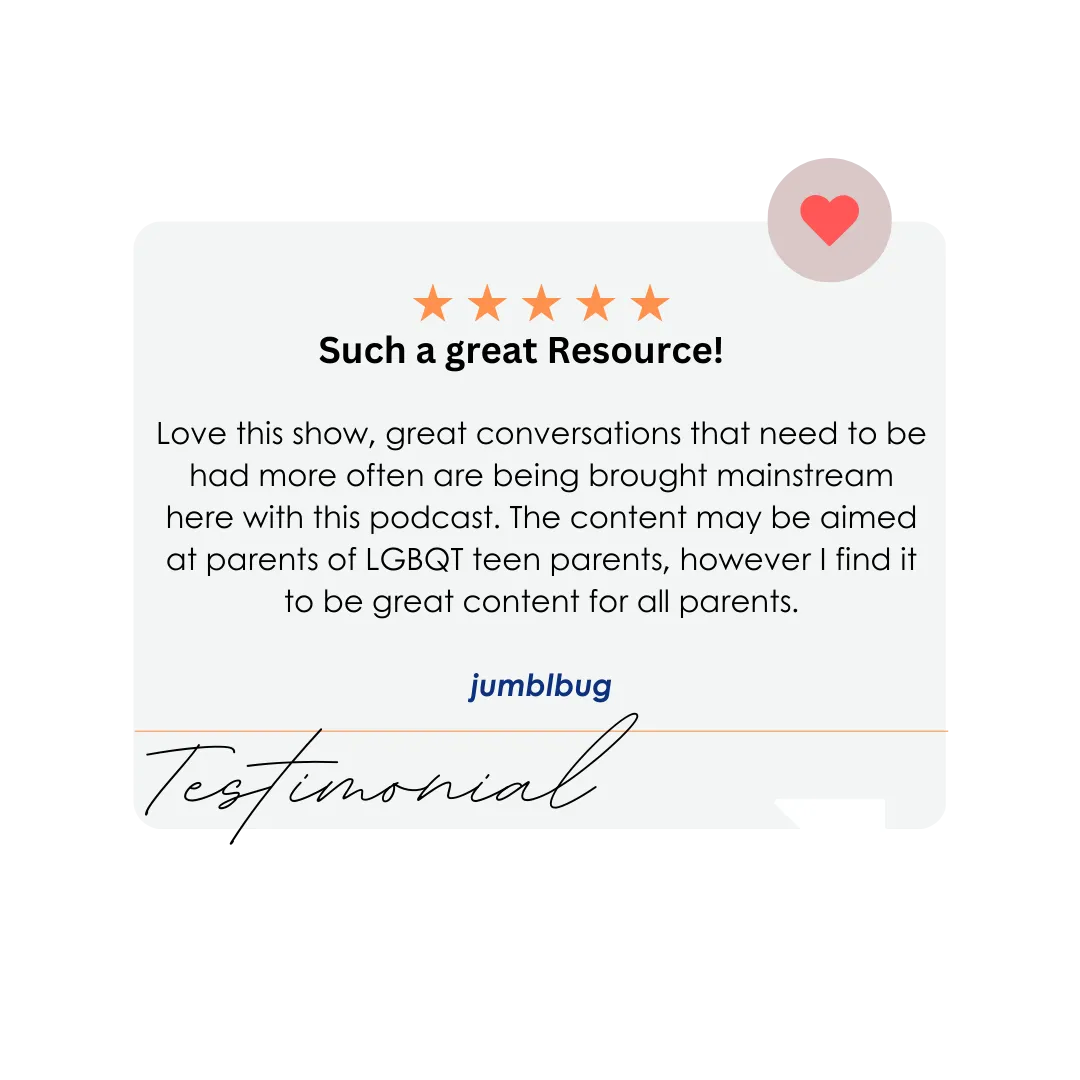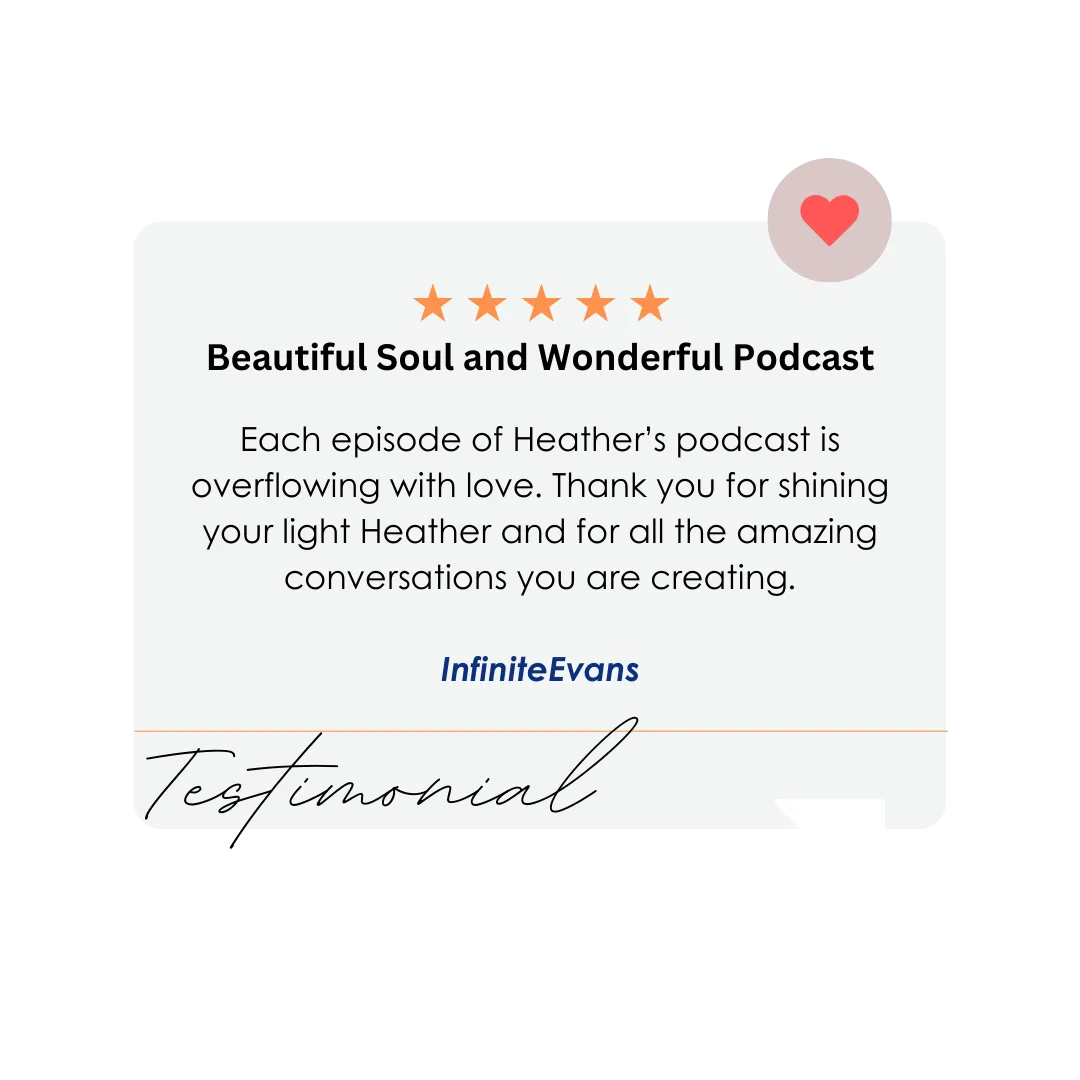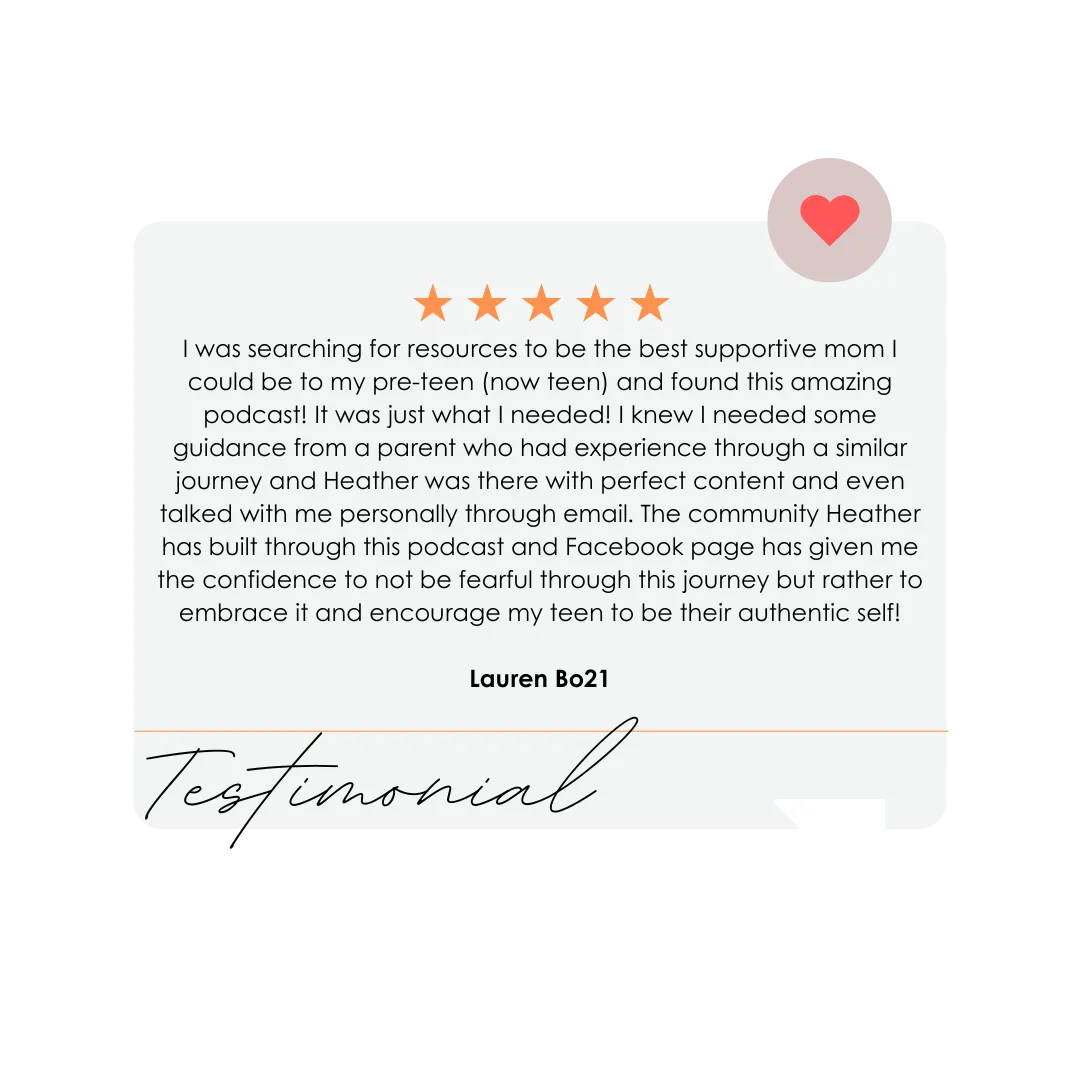BLOG
With topics ranging from mental health to all things LGBTQ+, the Chrysalis Mama blog is a space to learn, grow, and become empowered.

Managing Non-affirming Folks Strategies | Chrysalis Mama
“ We need to be clear on what we hope to accomplish by engaging in a conversation around this topic. To access this clarity, we need to have educational points of reference beyond our intuition and unconditional love. We also need to have a strong sense of boundaries. ” - Heather Hester
HOW TO HANDLE NON-AFFIRMING FOLKS (AND OTHER CRISES!) AROUND THE HOLIDAYS

The holidays are officially in full swing. I honestly love this time of year! It has always been my favorite – kids home from school, the decorating, the movies (The Santa Clauses…Fred Claus, It’s a Wonderful Life, Love Actually…), the baking, the celebrations with friends and family, the love… Whatever your belief system, whatever you celebrate – the energy this time of year is incredible – inviting, warm, frenetic, insane – magical – and miraculous.
Unfortunately, crisis situations do not take a break for the calendar or seasons or anything really – and neither do the strong opinions of others. In fact, one might argue that differences are more likely to reach a boiling point during the holidays with the mix of lots of togetherness and a touch of that frenetic holiday energy. So, what can we do when we find ourselves in tough situations, including conversations with non-affirming family and friends – during the holidays?
Like so much that I have talked about, being in crisis can feel so very lonely. Even if a good friend or family member or neighbor is going through their own rough spot or tries to empathize, when you’re in the midst of turmoil your feelings tend to be overwhelm, fear, and that no one can possibly understand your situation. You may be having a hard time processing or even searching for solutions because your brain and your emotions are on overload. Let’s start there. Actually, let’s start with the way we usually end the podcast – with a breath.
Go ahead – Take that deep belly breath right now as you are listening to or reading this. I’ll wait…
Now your nervous system is in a calmer state. Kelly Lubeck is quite brilliant when it comes to the science behind why breath and meditation are so important for the health of your nervous system.
WORDS MATTER
We’re going to start with word choice. Word choice is a big deal. For instance, the subtle distinction in the meanings of “handle,” “cope with,” “manage,” “deal with,” “respond to,” and “approach” make a difference in reading, processing, and presenting this topic. It boils down to the relationship you have with the person or people with whom you are communicating.
Certain words and phrases capture certain instances more accurately. The phrase non-affirming tends to relate to those who do not affirm based on religious beliefs. The word unsupportive is used to describe those who have feelings of opposition to their LGBTQ child, friend, or community based on bias, ignorance, or beliefs that are not religious in origin.
RESPONDING and EMPOWERING
So, how do we cope with, manage, and respond to non-affirming or unsupportive folks with a spirit of grace, patience, and education while also maintaining protective boundaries and empowering our kids?
The answer is carefully. We need to be clear on what we hope to accomplish by engaging in a conversation around this topic. To access this clarity, we need to have educational points of reference beyond our intuition and unconditional love. We also need to have a strong sense of boundaries.
Having a few responses that are your own special blend of grace, patience and education are helpful. Here are a couple of broad topics to help:
Time – It takes everyone time to adjust to the change in their movie reel. As you know, so many factors go into this. Some people just need a minute to process the information!
Facts – Knowledge is not only power; it is calming, centering, and confidence infusing. Have the basic facts down that are specific to your child, and then begin to expand your knowledge from there. The resource section of my website is a great place to start as is my new book, The Language of LGBTQIA+.
Boundaries – Setting and clarifying your boundaries works wonders in allowing you to stay connected to your truth. Teach your child how to do this as well; it is an invaluable life skill.

Holiday gatherings are a favorite time to come out to friends and relatives, so what do you do when your child comes out and faces a non-affirming or unsupportive response?
Boundaries can be a little more difficult with a family member or friend. And, those who are strongly anti-LGBTQ tend to approach this topic with a lot of fire. So, how can we prepare?
Know your facts, stay calm, and breathe.
If you don’t have an answer to a specific question, it’s okay. Offer to share the resources that have helped you. I have handled this by saying that I know to the core of my being that God created our son, Connor, to be exactly who he is and that I’m happy to share research that supports that feeling. Another powerful response is: anyone who thinks that being LGBTQ is a “choice” has clearly never known or supported someone through the coming out process. NO ONE CHOOSES THAT!!
The complete opposite situation is possible here as well where your child knows there are non-affirming or unsupportive people at one or more of your holiday gatherings and they just don’t want to go. Honor that. I know it can be hard when there are expectations of others at play. This is one of those moments where a pause and a breath can give so much clarity. What is more important – Aunt Susie’s feelings or that your child knows that you have their back no matter what.
A while back I came across a blog written by Nathanial Totten Green that absolutely blew me away. The following excerpts from a letter he wrote to his non-affirming friends are simultaneously exquisite and intense. He takes four (three are summarized here) of the most common comments or justifications that those who are non-affirming use and explains what they are incorrect and what would be a more thoughtful way of addressing the community.
Love the sinner, hate the sin – This one essentially divides a person into two parts, the person and the behavior. However, just as those who are straight do not exist without their sexuality, neither does one who is LGBTQ. The difference is one is societally normative, and the other isn’t. So which part is hated?
I love you, but I disagree. It has the same feeling as – no offense, but… what follows is almost always offensive; adding a qualifier does not make it otherwise. We know that you disagree ethically, morally, philosophically, and otherwise, but who our kids inherently are is not something that can simply be disagreed with. Love is not unconditional if it has to be qualified.
The Bible “clearly” says. First of all, no, it doesn’t. Second, there is not one singular interpretation. And third, even if the Bible specifically condemned homosexuality (which it doesn’t), it does actually condone slavery, selling our daughters, killing those who work on the Sabbath, and promotes the inferiority of women – all of which we as a society have rejected as inhumane, morally wrong, and just plain incorrect. A belief system should not be based on cherry-picking.
Finally, how do we respond to a homophobic family member, friends, or community? We all know at least one person who has some form of prejudice or bias. Remember, we cannot change the way others think or feel; we can only change how we respond to them and set boundaries.
You absolutely do not need to (and dare I say should not) sit silently when someone says hurtful things or makes homophobic remarks.
Educate yourself so that you can respond with facts, statistics, and logic.
Remind yourself that homophobia is based on a lack of knowledge and fear.
Have realistic expectations of what you would like the outcome of any conversation to be. Remember that shifts take time.
Most of all, make it clear that that their remarks are not ok. The most important thing you can do is have your child’s back.
For all of our LGBTQ loves specifically:
Someone else’s homophobia is not your problem or your fault. I want you to repeat in your head: “this is not my issue; this is theirs.”
It is ok to remain hopeful that time will help shift the homophobic person’s attitude. Remember, homophobia is generally a lack of education and just plain fear rearing its ugly head.
Absolutely stand up for yourself if you feel comfortable doing so!
Remember that you are not alone and you are loved!
Find support in the form of therapy, support groups for LGBTQ people, or online like the Trevor Project.
I want to close with tips and suggestions that will help support you through holiday crises and run-ins with non-affirming folks alike.
TIPS AND SUGGESTIONS
Take time to be present with ALL of your children. It is easy to become mentally, emotionally, and physically consumed by the one who is struggling the most; the others need your attention just as much. If they want to make gingerbread houses from scratch, make those gingerbread houses and allow yourself to enjoy the process – and the hilarity that no human outside of Martha Stewart can make a picture worthy gingerbread house that has any structural integrity!! The point here is to spend time – and spend time laughing – together.
Equally as important – take time to be with your spouse or partner NOT discussing the crisis at hand. Get out of the house and go for dinner, or coffee, or a glass of wine and just talk and enjoy one another. I cannot emphasize the importance of this one enough. Communicate, appreciate and love…
Spend time with your dog – again – being present – petting them – soaking in their amazing energy. I find dogs to be incredibly therapeutic, but your emotional support animal may be a cat or a bird or an iguana. It doesn’t matter. As long as spending time with them allows you to be in the moment, centers you and helps you feel grounded and calm. If you don’t have a dog (or cat or bird or lizard), hang out with a friend who does – or go to a shelter – who knows you just might end up with one!!
Do something nice for yourself – take a minute to think of a few things that calm and center you – pick one and do it! Yoga, a massage, a mani/pedi, meditate, lunch with a friend, reading, a walk, hire a cleaning service, order take-out – whatever works for you, do it.
Do something nice for someone else. When you give of yourself from a place of love – whether it is time, a thoughtful gesture, a smile – it has the lovely benefit of not only making someone else’s day brighter, but yours as well.
Start a gratitude journal. When you are in the midst of turmoil it is way too easy to feel that 100% of your focus needs to be on the situation at hand. When you shift into a mindset of gratitude, it forces your brain (and body) to relax – there is actually a chemical component that occurs here! It may feel awkward at first, but I promise if you just take a few minutes a day to write, your body, mind and spirit will balance – and thank you!
I know this is hard. But remember, it can be AND – there is a crisis in your life AND you are grateful. You just had an uncomfortable conversation with a non-affirming relative AND you are laughing hysterically with your kids watching Elf for the tenth time. Your homophobic friend just made a cruel comment AND you feel at peace sitting on the floor with your dog and rubbing their belly. AND.
Love and hugs and a gentle reminder to embrace the beauty in the messiness of your holiday season!
WHAT PEOPLE ARE SAYING ABOUT HEATHER

ABOUT
CONTACT
Looking for tips, tools, and strategies along with a little peace of mind? I invite you into the Chrysalis world!
I am grateful for all who have asked how they can help further this mission!
© 2024 Chrysalis Mama • All Rights Reserved
